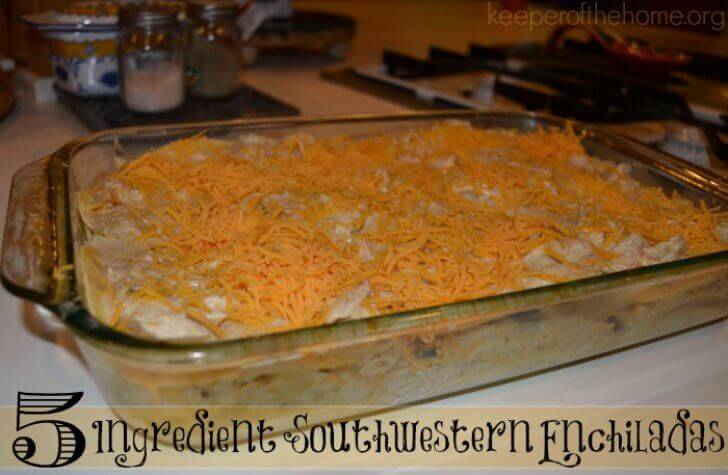Raising healthy eaters- What eating healthy is and isn’t
When I teach nutrition, there are 3 simple guidelines that encompass my basic nutritionally theory. Although I wish I had created them myself, I didn’t. They have been taught to me over the years through various writers and speakers that I respect, but most specifically through the book What the Bible Says About Healthy Living (an excellent read for anyone seeking to learn more about nutrition and wanting to change their eating and lifestyle habits). They are:
1) Eat only those things that have been created for food– this would eliminate anything man made, such as artificial flavors and colors, chemical preservatives, and also foods that are considered unclean (not kosher) according to the Biblical food laws in Leviticus (these include pork and shellfish, among others)
2) Eat foods as close to the way that they were created as possible– baked potatoes vs. french fries, fresh lemon juice vs. powdered lemonade mix, honey sweetened baking vs. white-sugary donuts with an infinite shelf life, wholesome bacteria-based yogurt vs. it’s gelatin-filled, sweetened and artificially flavored distant cousin, baked salmon vs. Highliner fish sticks. You get the point.
3) Do not let any food become your idol– although there is nothing wrong with the occasional treat, the problem with many of the "treats" that we eat is that they are no longer reserved for special occasions- they have become common, everyday, household foods. We have made our eating pleasure an idol, and thus become addicted to those things that are harmful to our health.
To start us off on this exploration of how to raise healthy eaters, I thought that I would just leave you with these three points to ponder, and with a couple of lists that I have made, to get us thinking in the right direction in regards to how we feed our precious children.
Healthy eating is:
- full of variety (and therefore a variety of nutrients)
- fresh
- lots of vegetables and fruits
- adequate protein from proper sources (well-raised beef and chickens, wild fish, legumes, etc.)
- colorful- one way to know that you are getting all the nutrients that you need is to observe whether your meals are colorful, as the different pigments in foods are a sign that they contain different vitamins, minerals, phyto-nutrients, anti-oxidants, etc.
- homemade
- well-hydrated (with water, mostly)
- guided by a loving parent
- something that requires your child to become an active participant and learner of how to care for their own body
Healthy eating is not:
- processed (such as sandwich meats and hot dogs, full of nitrates)
- packaged
- dyed or enhanced with artificial flavors
- chock full of sugar
- a liquid diet of fruit juice or pop (we’ll discuss juice more as we go on)
- deep fried or containing rancid oils (most foods made with vegetable oils, which are very unstable when heated)
- up to your children (it’s up to you, the loving parent!)
- fast food
- white and fluffy (I’m picturing Wonder bread, more full of air than nutrients)
- something that just happens without making an effort
Obviously, this just barely scratches the surface of proper nutrition, but it is a starting point, nonetheless. Next Wednesday, we will go back to the beginning and discuss pregnancy and breastfeeding nutrition and how to give our babies the very best start possible! Future topics include when and what to feed babies, picky toddlers, creating an understanding of and interest in nutrition, healthy snacks, and more!




Great thoughts! I couldn’t agree more! I have actually read the book you referenced, but it’s been awhile. May be time to go over it again.
Other books I’ve both read and enjoyed on this subject are “What Would Jesus Eat” by Don Colbert and “Home Made Health” by Raymond and Dorothy Moore. Both are
excellent!
Another all-around good health book is “Greater Health God’s Way” by Stormie Omartian. She talks about healthful foods as well as drinking water, fasting, praying, sleeping, exercise – the whole ball ‘o wax.
Anyway, just thought you may be interested in those, too.
Hi Leah! Thanks for the book recommendations! I always love to get more reading ideas, and those sound great! It’s good to find someone else who has read “What the Bible says…”- I’ve never heard of anyone else that knew of it! 🙂
Some people may not know this so I thought I’d pass it along.
Gelatin is made from pork fat. So watch for any recipe that calls for gelatin. Especially if you feed your children Jello.
Good point, Dani. Thanks for mentioning that. That is one major reason why we avoid commercial products like regular yogurt and jellos, etc.
I was going to suggest Emes Kosher-Jel, but just found out that there is some sort of scandal, suggesting that it is not truly kosher and contains gelatin! Yikes! Anyone know of a truly kosher “gelatin” product?
I am confused as to why pork is “not allowed” since in the New Testament all foods (sans idol-offered and that which still has all the blood in it) were declared acceptable again. Also, what was wrong with shellfish? I don’t remember.